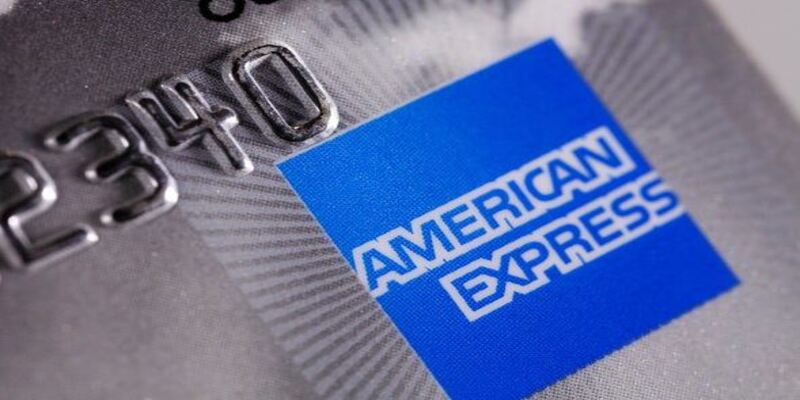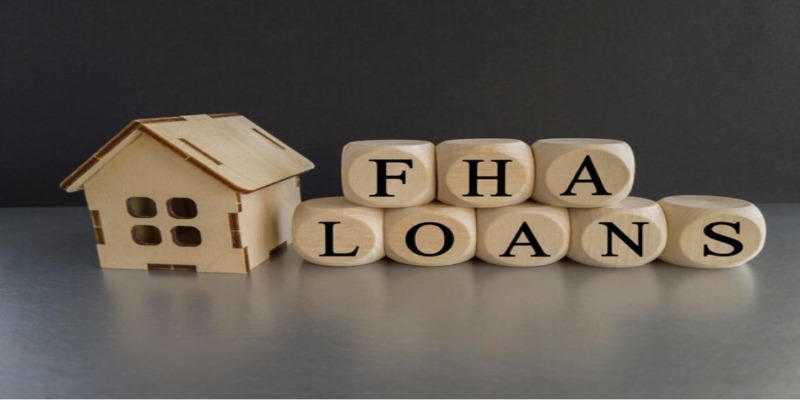When it comes to financing your home, the options can be a bit overwhelming. Home equity loans, mortgages, and home equity lines of credit (HELOCs) are common choices, each serving a unique purpose. In this article, we'll break down the differences so you can make an informed decision that fits your needs.
What are Home Equity Loans?
A home equity loan enables you to borrow against the equity accumulated in your home, representing the portion of your home's value that you genuinely own. This type of loan provides a lump sum of money upfront, and you repay it gradually with a fixed interest rate. It is particularly beneficial for individuals requiring a one-time amount for a specific purpose, such as home improvements or debt consolidation.
Mortgages are Foundation of Homeownership
A mortgage is probably the term you're most familiar with when it comes to home financing. It's a long-term loan used to purchase a home. Mortgages typically have lower interest rates compared to other loans, and you can choose a fixed-rate mortgage (with a consistent interest rate) or an adjustable-rate mortgage (with rates that can change over time). The key here is that mortgages are for buying a home, while home equity loans and HELOCs are for using the equity you've already built.
HELOCs are Flexible Access to Your Home's Equity

A Home Equity Line of Credit (HELOC) is a bit like having a credit card tied to your home's equity. It's a revolving line of credit that allows you to borrow as needed, up to a certain limit, over a set period. HELOCs usually have variable interest rates, and you only pay interest on the amount you borrow. This flexibility makes HELOCs great for ongoing expenses like education costs or home renovations.
Comparing the Three:
- Purpose:
Home Equity Loan: Specific, one-time expenses.
Mortgage: Home purchase.
HELOC: Ongoing or variable expenses.
- Payment Structure:
Home Equity Loan: Fixed monthly payments.
Mortgage: Fixed or adjustable monthly payments.
HELOC: Variable monthly payments based on usage.
- Interest Rates:
Home Equity Loan: Fixed interest rates.
Mortgage: Fixed or adjustable rates.
HELOC: Variable interest rates.
The Perks of Home Equity Loans, Mortgages and HELOCs

If you're a homeowner, you might have heard about the perks of home equity loans. Let's dive into what makes these loans a popular choice for those looking to tap into the value they've built in their homes.
Perks of Home Equity Loans
Access to Cash When You Need It:
Home equity loans provide you with a lump sum of money, giving you the flexibility to use it for various purposes, from home improvements to debt consolidation or unexpected expenses.
Fixed Interest Rates:
Unlike some other types of loans, home equity loans often come with fixed interest rates. This means your monthly payments remain consistent, providing predictability and making budgeting easier.
Potentially Lower Interest Rates:
Home equity loan interest rates are often lower than those of unsecured loans or credit cards. This can save you money over time, especially if you're consolidating higher-interest debts.
Tax Deductibility:
In some cases, the interest paid on a home equity loan may be tax-deductible. It's essential to consult with a tax professional to understand how this could benefit you based on your individual circumstances.
Use Funds for Various Purposes:
The beauty of a home equity loan lies in its versatility. Whether you're dreaming of a kitchen makeover, planning your child's education, or need funds for a major life event, the choice of how to use the money is yours.
Perks of Mortgages
Whether you're dreaming of homeownership or looking to tap into your home's equity, mortgages and home equity lines of credit (HELOCs) offer unique perks. Let's explore the advantages of each to help you make an informed decision.
Pathway to Homeownership:
The most significant perk of a mortgage is that it enables you to become a homeowner. Instead of waiting years to save up the full purchase price, you can enjoy your home while gradually paying off the loan.
Long-Term Predictable Payments:
Mortgages often come with fixed interest rates, providing stability and predictability in your monthly payments. This makes budgeting easier and shields you from potential fluctuations in interest rates.
Potential for Property Appreciation:
As you pay down your mortgage and property values increase, you can build equity in your home. This can result in potential financial gains when you decide to sell or refinance.
Variety of Loan Options:
Mortgages come in various forms, including fixed-rate and adjustable-rate options. This variety allows you to choose a loan that aligns with your financial goals and risk tolerance.
Tax Benefits:
Mortgage interest payments may be tax-deductible, providing potential financial benefits. Consult with a tax professional to understand how this applies to your specific situation.
Perks of HELOCs
Flexible Access to Funds:
A HELOC provides a revolving line of credit, giving you the flexibility to borrow as needed, up to a predetermined limit. This flexibility is ideal for ongoing expenses or unpredictable costs.
Interest-Only Payments:
During the draw period of a HELOC, you may only be required to make interest payments. This can be advantageous if you want to manage your monthly cash flow effectively.
Use Funds for Various Purposes:
Similar to home equity loans, HELOCs allow you to use the funds for a variety of purposes, such as home improvements, education expenses, or unexpected financial challenges.
Variable Interest Rates:
While this can be a disadvantage in some scenarios, the variable interest rates of HELOCs can also work in your favor when market interest rates are low. This flexibility allows you to take advantage of favorable economic conditions.
Conclusion
In essence, your choice between a home equity loan, mortgage, or HELOC depends on your financial needs and goals. If you have a specific project in mind and prefer a fixed payment, a home equity loan might be right for you. If you're buying a home, a mortgage is the go-to. And for ongoing or flexible needs, a HELOC could be the solution. Always consult with financial experts and explore the terms and conditions to make the best decision for your unique situation.



